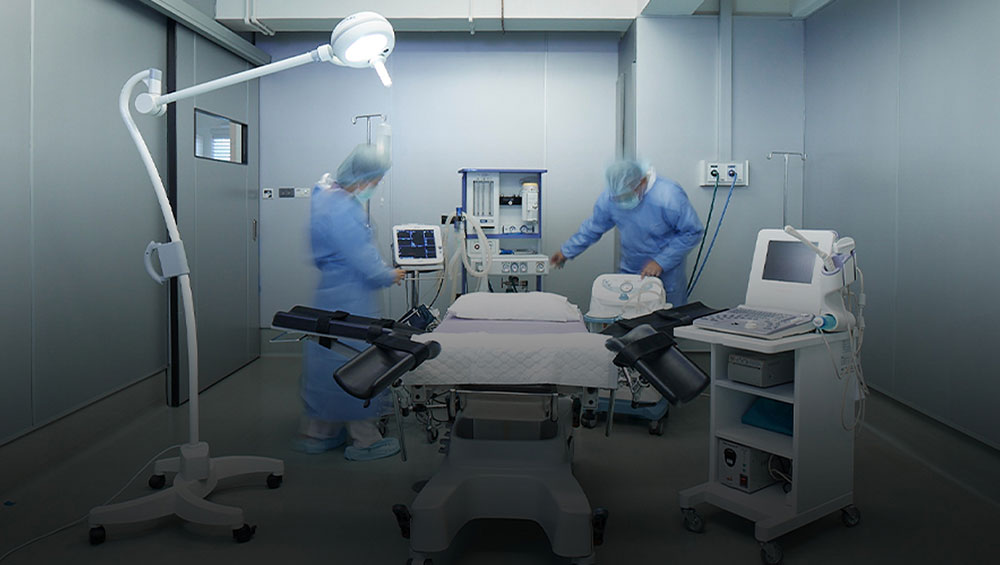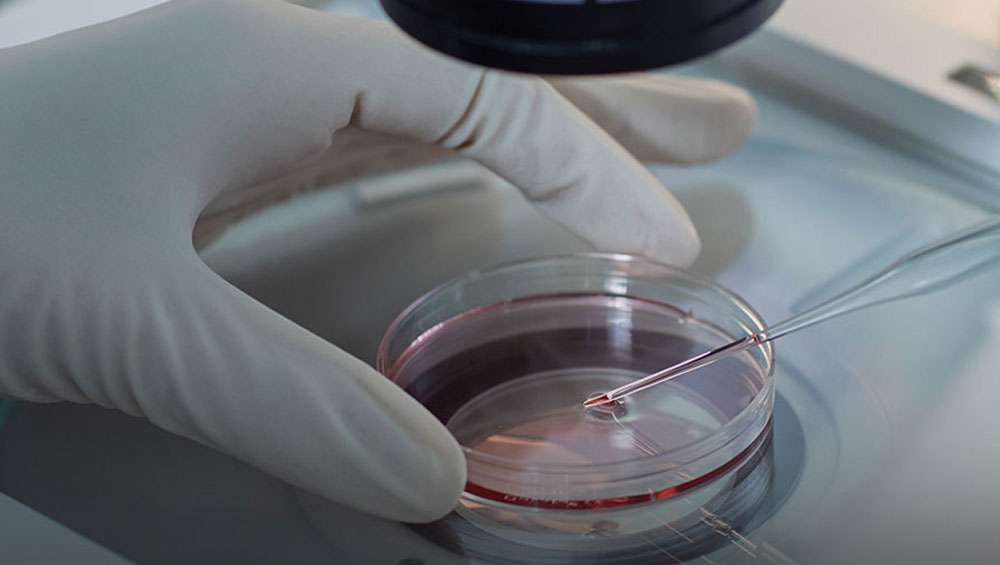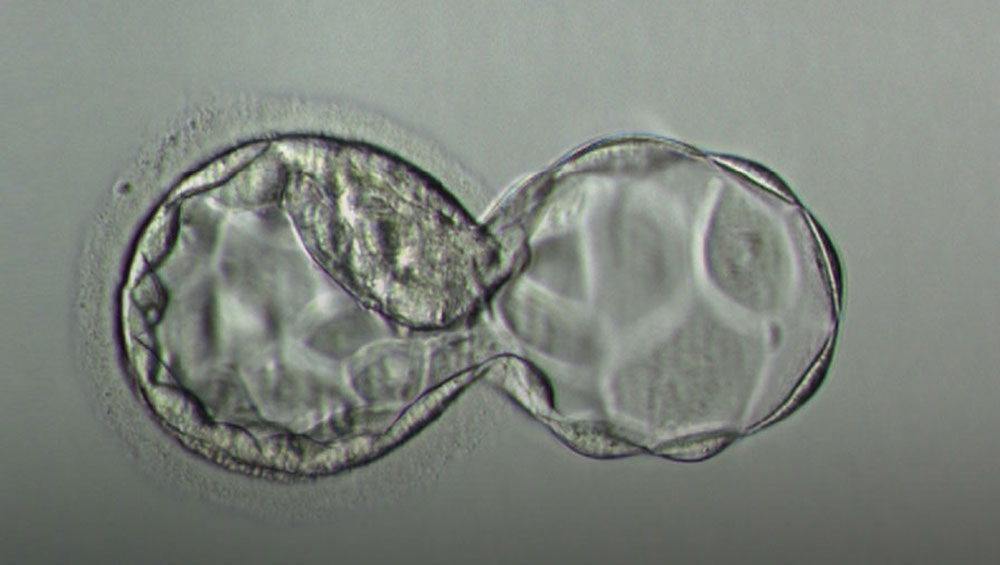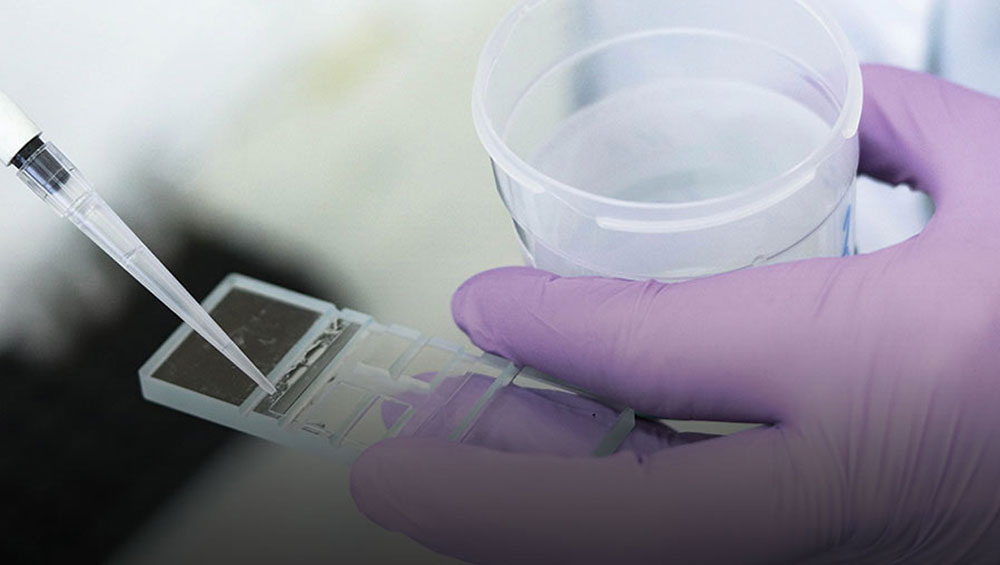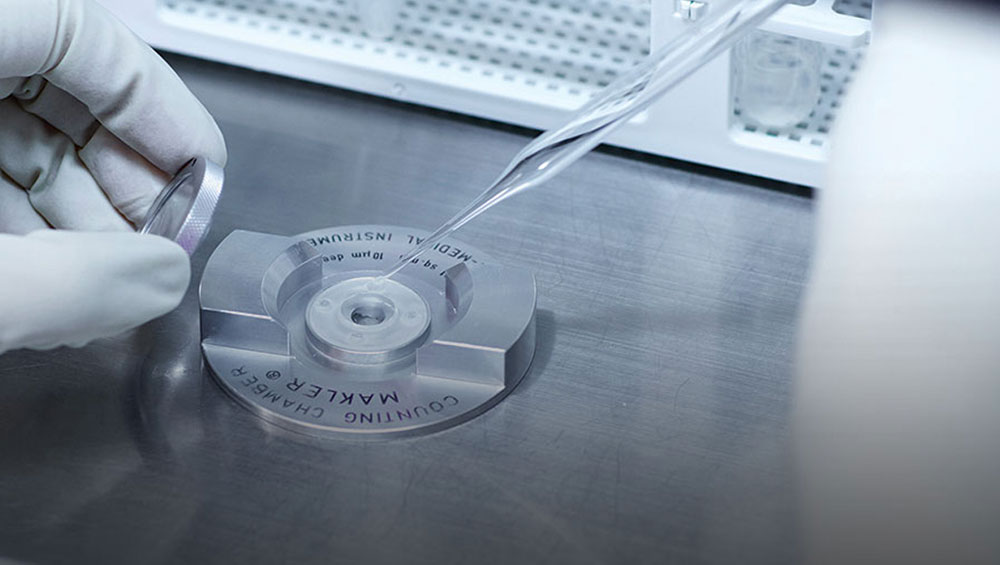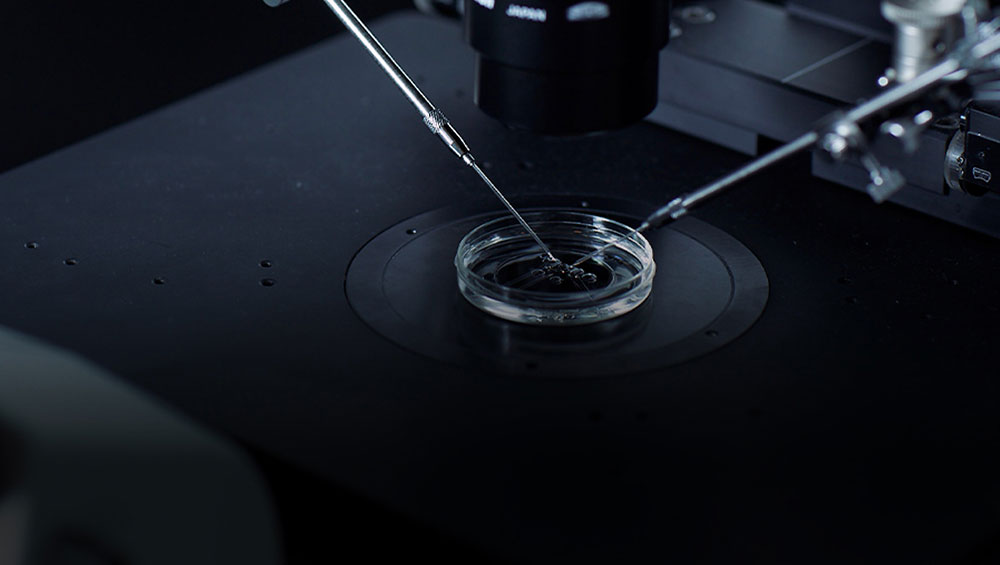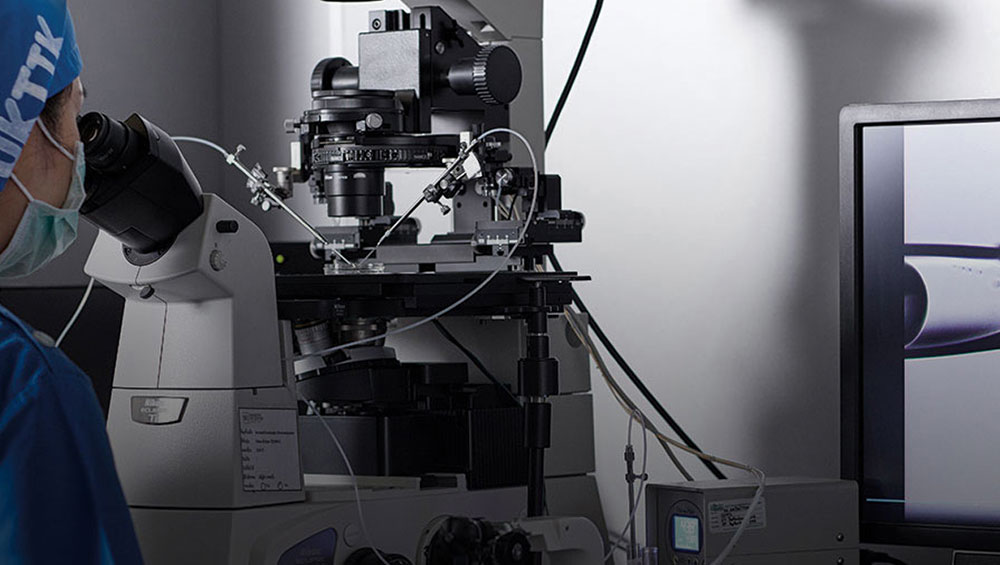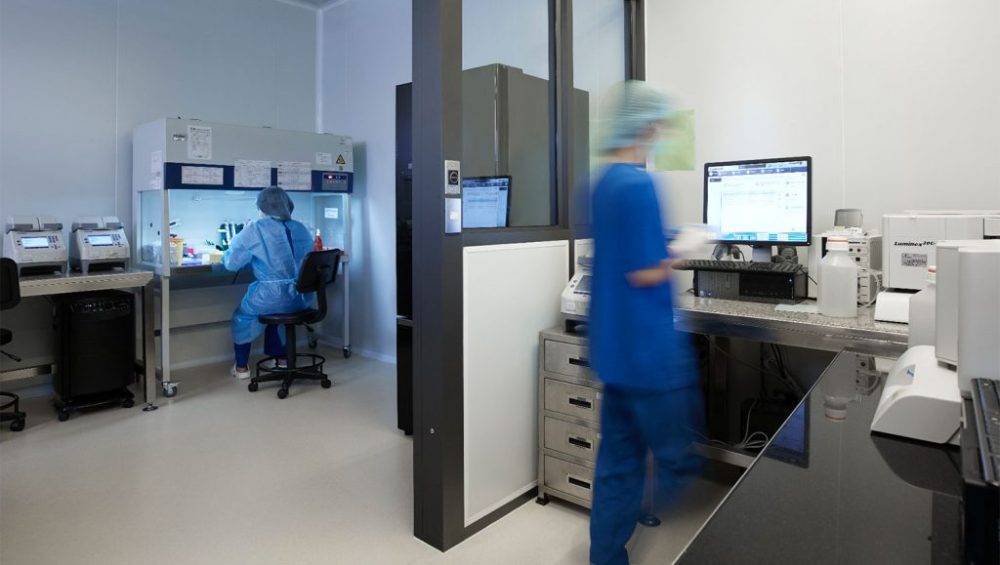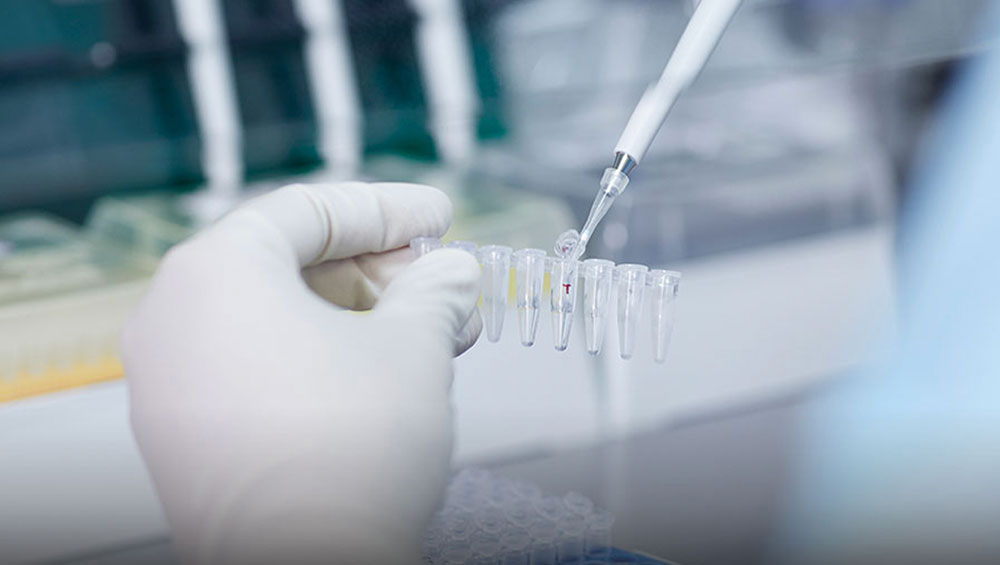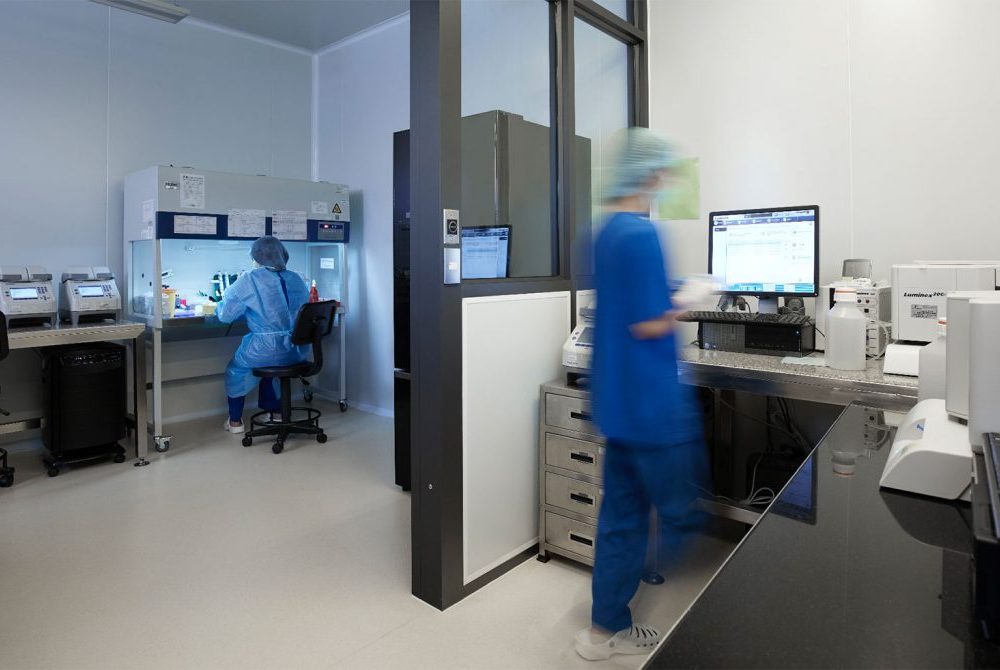IVF SERVICES
SHOW ALLPGT – Preimplantation Genetic Testing
- Preimplantation Genetic Testing Aneuploidies (PGT-A)
- Preimplantation Genetic Testing for Monogenic/Single Gene Disease (PGT-M)
- Preimplantation Genetic Testing for Chromosomal Structural Rearrangement (PGT-SR)
Preimplantation Genetic Testing Aneuploidies (PGT-A)
Previously known as PGS, PGT-A is a technique used to analyze all 23 pairs of chromosomes. We use NGS (Next Generation Sequencing) as our PGT-A technique to detect genetic diseases caused by chromosomal disorders, such as Down syndrome, Patau syndrome and Edward syndrome.
Who should use PGT-A?
- Couple with chromosome disorder
- Couple with history of pregnancy with a child with a chromosome disorder
- Couple where the woman is 35 years old or more
- Couple with infertility problems and at least two failed embryo implantation
Preimplantation Genetic Testing for Monogenic/Single Gene Disease (PGT-M)
Previously known as PGD, PGT-M is a technique used to analyze genes in families with a known single gene disorder in which the gene and/or mutation has been confirmed.
Who should use PGT-M?
- Family history of a genetic condition
- One or both of couple are carrier of a known and confirmed single gene disorder
- Couple have a child with a genetic disorder
- Autosomal recessive condition (e.g. Alpha thalassemia, Beta thalassemia)
- Autosomal dominant condition (e.g. Achondrophasia, Huntington disease)
- X-linked monogenic (e.g. Duchene/Becker muscular dystrophy, Color blindness)
Preimplantation Genetic Testing for Chromosomal Structural Rearrangement (PGT-SR)
Reciprocal chromosome translocation is a form of chromosomal abnormality that occurs when a region from two or more chromosomes switched without adding or loosing genetic materials. Chromosome translocation carriers can produce unbalanced gametes that resulted in unbalanced embryos. PGT-SR is carried out to reduce miscarriage rate due to unbalanced chromosomes and increase the chance of successful pregnancy of euploid embryos.
Who should use PGT-SR?
- Couple with a chromosomal translocation
- Couple with a history of two or more miscarriages due to chromosomal disorders or unknown causes

